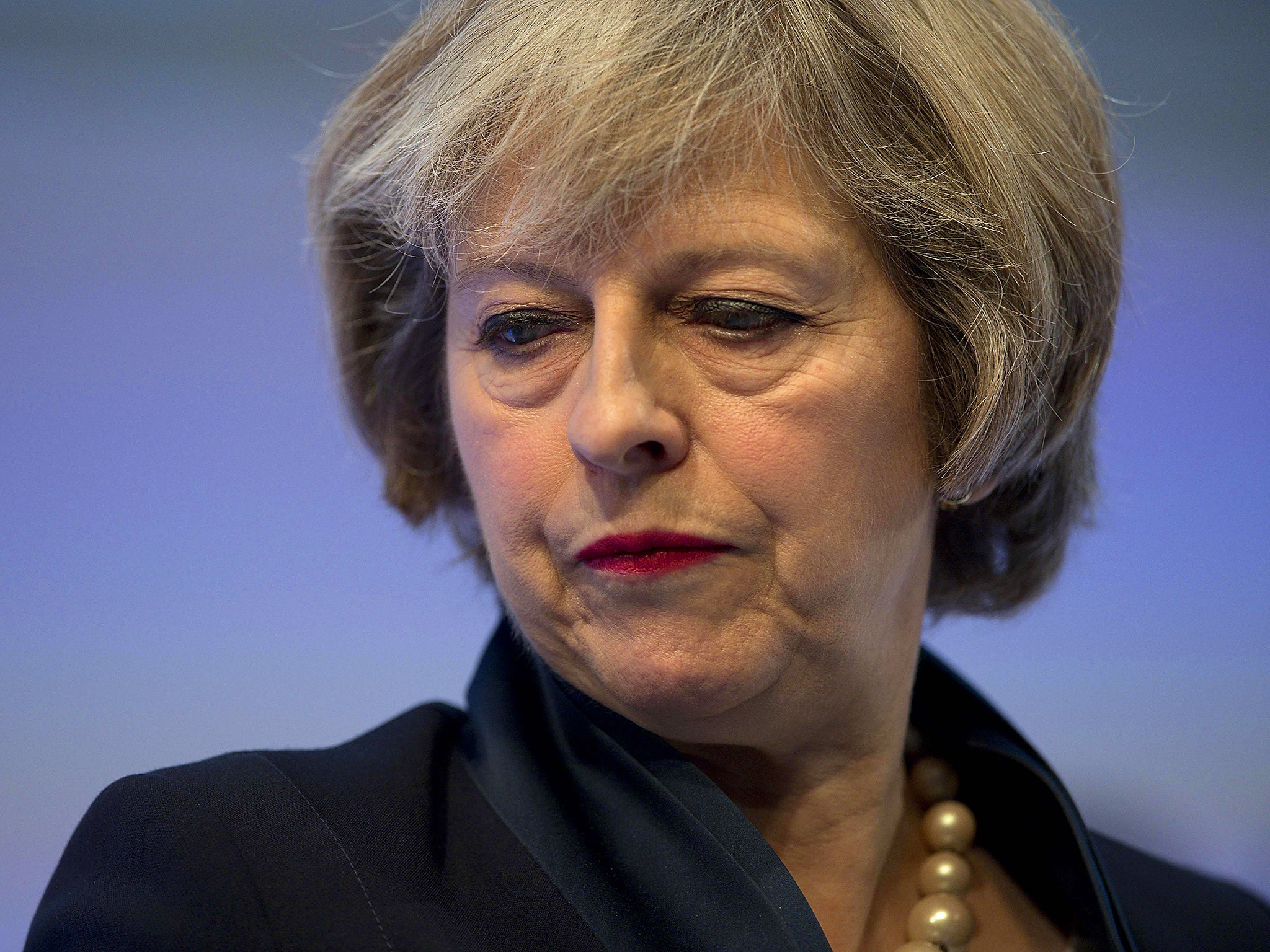Brexit is likely to end up before EU's highest court, says Europe's top judge
Koen Lenaerts, the President of the European Court of Justice, suggests there are 'many, many ways' it could intervene in Britain’s EU exit

The European Court of Justice is likely to end up ruling on Brexit, its President has predicted – creating a further potential headache for Theresa May.
Koen Lenaerts, Europe’s most senior judge, said there are “many, many ways” Britain’s departure from the EU could end up before the EU’s highest court.
“I can’t even start, intellectually, imagining how and where and from which angle it might come,” Mr Lenaerts told the Financial Times.

The intervention comes amid suggestions that the ECJ - hated by Conservative Brexit supporters – could be asked to rule on whether the Article 50 notice can be halted.
Nicola Sturgeon, the SNP’s first minister, has been urged to “explode the cosy consensus" that the two-year process cannot be stopped once it has been started, by seeking a reference from the ECJ.
In the interview, Mr Lenaerts declined to comment on the specifics of Brexit or speculate how exactly Britain’s withdrawal could end up before the ECJ.
However, he suggested there were numerous unforeseen legal consequences of the exit process that the EU’s top court may yet be called on to resolve.
They included the treatment of Article 50, which “can be interpreted by our court like any other provision of union law”, Mr Lenaerts said.
There could also be possible constraints on the sort of post-Brexit agreement that the EU’s other countries might seek to reach with Britain.
Any involvement of the ECJ would be certain to inflame hardline Brexit supporters, after the Prime Minister vowed to end its jurisdiction in the UK, as part of the exit deal.
Steve Peers, a professor of EU law at Essex University, wrote: “It’s probably only a matter of time before some aspect of the Brexit issue gets decided by the EU courts - and there’s no small irony in that prospect.”
The government’s Supreme Court appeal against the High Court ruling that MPs must give their consent to the invoking of Article 50 will be heard, over four days, from December 5.
The decision is expected at the start of January, after which – if it loses – the government will introduce a short three-line Bill to try to keep Brexit on track.
Ms May has said she will trigger Article 50 by the end of March, beginning two years of formal exit talks expected to conclude with Britain leaving the EU in spring 2019.
Although both sides in the High Court case agreed that Article 50 could not be reversed, the crucial issue is likely to be looked at afresh during the appeal.
At the weekend, Jolyon Maugham, a QC who helped bring the first case, urged Ms Sturgeon to take the issue to the ECJ, to allow Scotland to “wrest back control of its future”.
It would enable MPs to withdraw the Article 50 notification at a later date if they rejected the Brexit deal that emerges – perhaps in worsening economic conditions.
However, it is understood that the SNP First Minister is not currently considering going to the ECJ.
Join our commenting forum
Join thought-provoking conversations, follow other Independent readers and see their replies
Comments
Bookmark popover
Removed from bookmarks